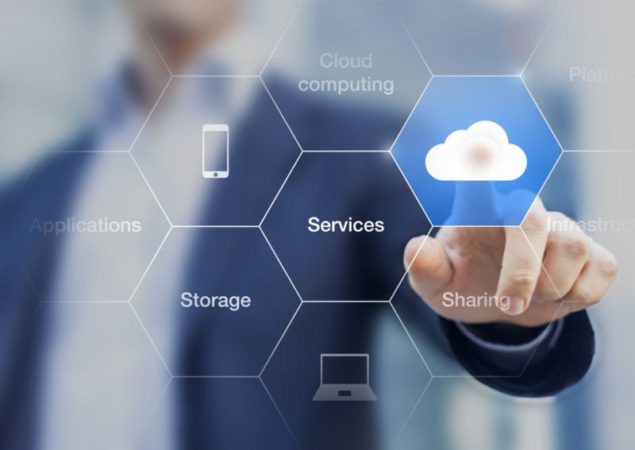
Let’s find what you’re looking for. Search our resources, blog, pages, and any other content on our website.
Technology is changing at a more rapid pace than at any time in history—and so is the language we use to describe it. Acronyms abound, from CRM (customer relationship management) to SEO (search engine optimization), PPC (pay-per-click advertising), CTA (call to action) and ERP (enterprise resource planning). And then, there’s SaaS. What is it, and why is it important?
What Is SaaS? SaaS stands for “software as a service.” Even if you’ve never heard of it, there’s a good chance you’ve already used it in your business at some point. As Microsoft explains: “If you’ve used a web-based email service such as Outlook, Hotmail, or Yahoo! Mail, then you’ve already used a form of SaaS. With these services, you log into your account over the Internet, often from a web browser. The email software is located on the service provider’s network, and your messages are stored there as well. You can access your email and stored messages from a web browser on any computer or Internet-connected device.” Said differently, SaaS simply refers to companies which help other companies by offering them sophisticated, cloud-based software services for everything from email marketing to accounting and human resources. Some of the SaaS services most popular with business include:
The Benefits of SaaS This is just a small sampling of the SaaS software available to empower companies with state-of-the-art solutions. Others include software to manage human resource operations, comply with government regulations and accept credit card payments. SaaS holds several key benefits for the companies which use it, including the following 5:
The Strongest Advocates of SaaS Services Are the Businesses That Use Them Perhaps you’ve heard of SaaS, but have been reticent to abandon more traditional, in-house software solutions because of security concerns—or maybe this is a wholly new concept for you. Either way, you owe it to yourself and your business, given the several benefits of SaaS, to at least consider making the transition. And you don’t need to rely on what SaaS providers tell you—the strongest argument in favor of SaaS is the increasing number of small and medium-size businesses which use it. According to BizTech Magazine: “Small and medium-sized businesses are on board the Software as a Service train when it comes to the cloud. According to a recent survey from Techaisle, an SMB and midmarket IT market research firm, SaaS penetration in the U.S. SMB market is expected to reach 94 percent by year’s end.” If you’re thinking about transitioning to SaaS software but still have doubts, talk to some of your colleagues who have already adopted SaaS—and are already increasing productivity, empowering their workforce, reducing costs and growing their companies with it.